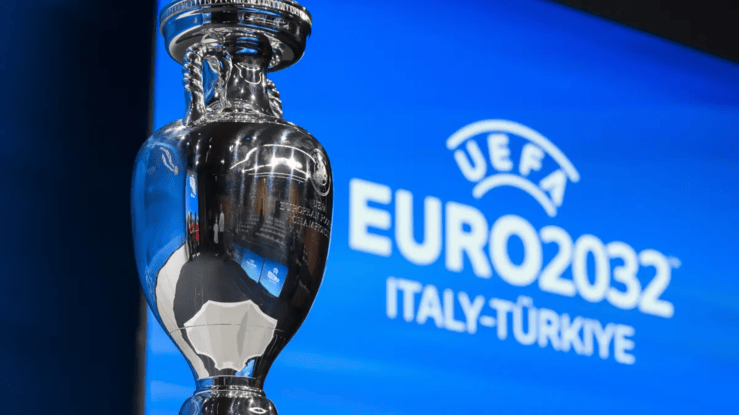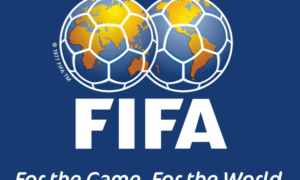The qualification schedule for the forthcoming EURO 2028 competition, which will be notable for being co-hosted by England, Scotland, Wales, and the Republic of Ireland, was just released by UEFA. In a major shift from some past norms that let hosts to compete without qualifying, these host countries will no longer have automatic entry into the tournament.
There are several reasons for this decision: UEFA wants to keep the tournament competitive and make sure that all participating countries receive equal opportunities to qualify, and if all four host countries were given automatic entries, it would significantly reduce the chances of other national teams getting into the tournament. Thus, UEFA has made it clear that all four nations will need to navigate the standard qualifying process to earn their spots on the international stage.
Italy, along with numerous other countries, is fully engaged in contesting for one of the coveted 20 spots that will be available for EURO 2028. This qualification will see 12 places filled by the winners of the qualifying groups, while an additional eight spots will be allocated to the best-performing runners-up across the groups.

In order to guarantee inclusivity in representation, the competition will also have an extra tier of selection, offering four additional seats. Teams who placed second and the top-ranked teams from the 2026–27 Nations League that did not win their groups will be included in the playoff system to fill the final two berths.
The exact number of available playoff spots will hinge on how many of the co-host nations manage to qualify through the standard routes. This dynamic adds an interesting twist to the qualification process, as the final details regarding the schedule are anticipated to be confirmed in the autumn.
It’s important to remember that Spain won EURO 2024, which raises the bar even higher for teams hoping to qualify for the next competition. All attention will be on how the EURO 2028 qualifying campaign plays out as the international football scene changes.



























